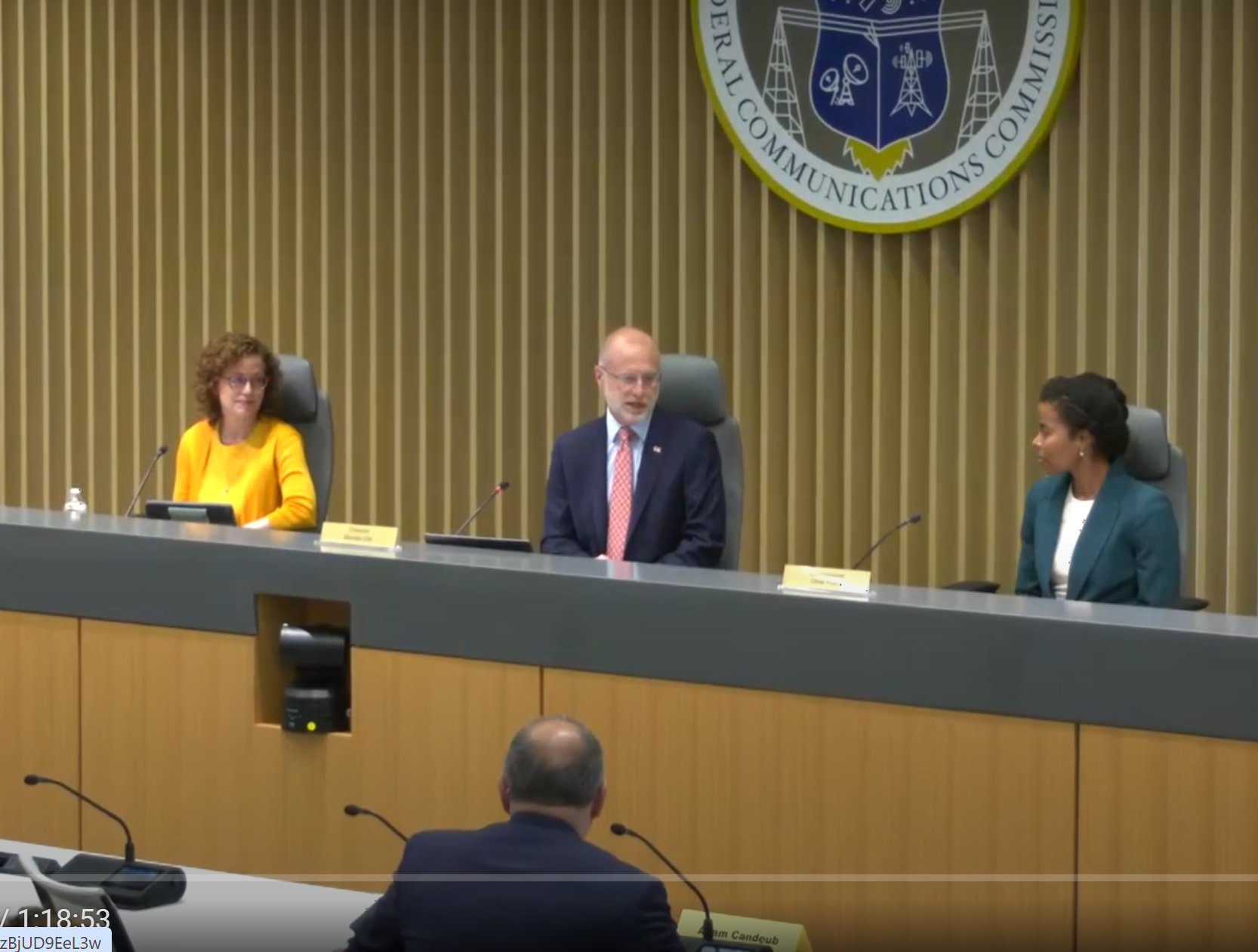MSTV Calls on Seminar Attendees to Fight Senate Bill
At the first annual Sports Video Group RF Management Challenge seminar, Association For Maximum Service Television President David Donovan delivered a keynote address in which he called upon the broadcasters and manufacturers in attendance to fight a Senate bill that would allow consumer wireless devices to operate in spectrum presently only used by broadcasters and wireless industry professionals.
“Those provisions would authorize unlicensed devices to be used in the TV band within 270 days,” said Donovan.
If the bill goes through, the “white space” spectrum, which is empty spectrum used as a buffer between channels to prevent TV transmission interference, would be opened up for use by consumer wireless devices. The legislation’s intent is to provide wireless broadband to rural areas of the U.S., but it would also allow items like remote-control toys and video game controllers.
The proponents of the bill view the white space as empty, but in reality it’s used for wireless microphone operation by the professional wireless audio industry in broadcasting live events. Wireless mics don’t require a lot of power and would be easily knocked out by much stronger portable devices. The introduction of these devices to the spectrum could also interfere with digital TV receivers.
As a solution, panelists suggested enlisting groups like the NFL, NCAA and MLB to go to Washington and fight the bill. “We need to get the people that really pay the bills, that really have the money, that have the political clout, to do the work for us,” said panelist Larry Estrin, an RF consultant.
It was also suggested that the FCC and Congress might better understand the problem if they saw firsthand at a live sporting event how the bill would affect the operation of wireless systems. “We’re not fighting on an even playing field--we’re being hit because people don’t even understand what we’re doing,” said Lou Libin, president of Broad Comm.
If the bill does go through and the white space is opened up, possible solutions for the RF industry include the development of a smart beacon, which would seek out devices in the area and request that they leave the spectrum in question to make room for licensed professional equipment.
The professional video industry's #1 source for news, trends and product and tech information. Sign up below.
